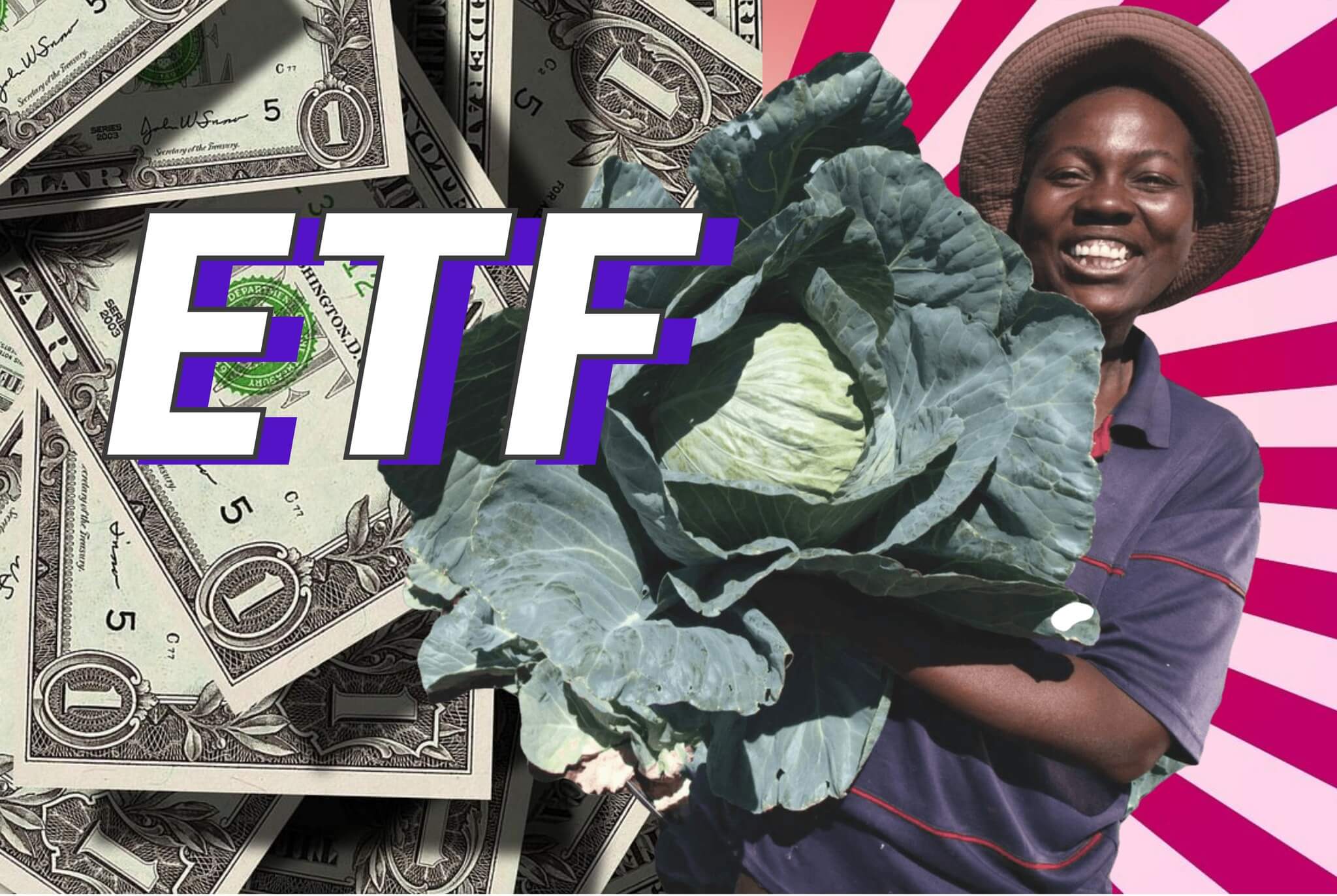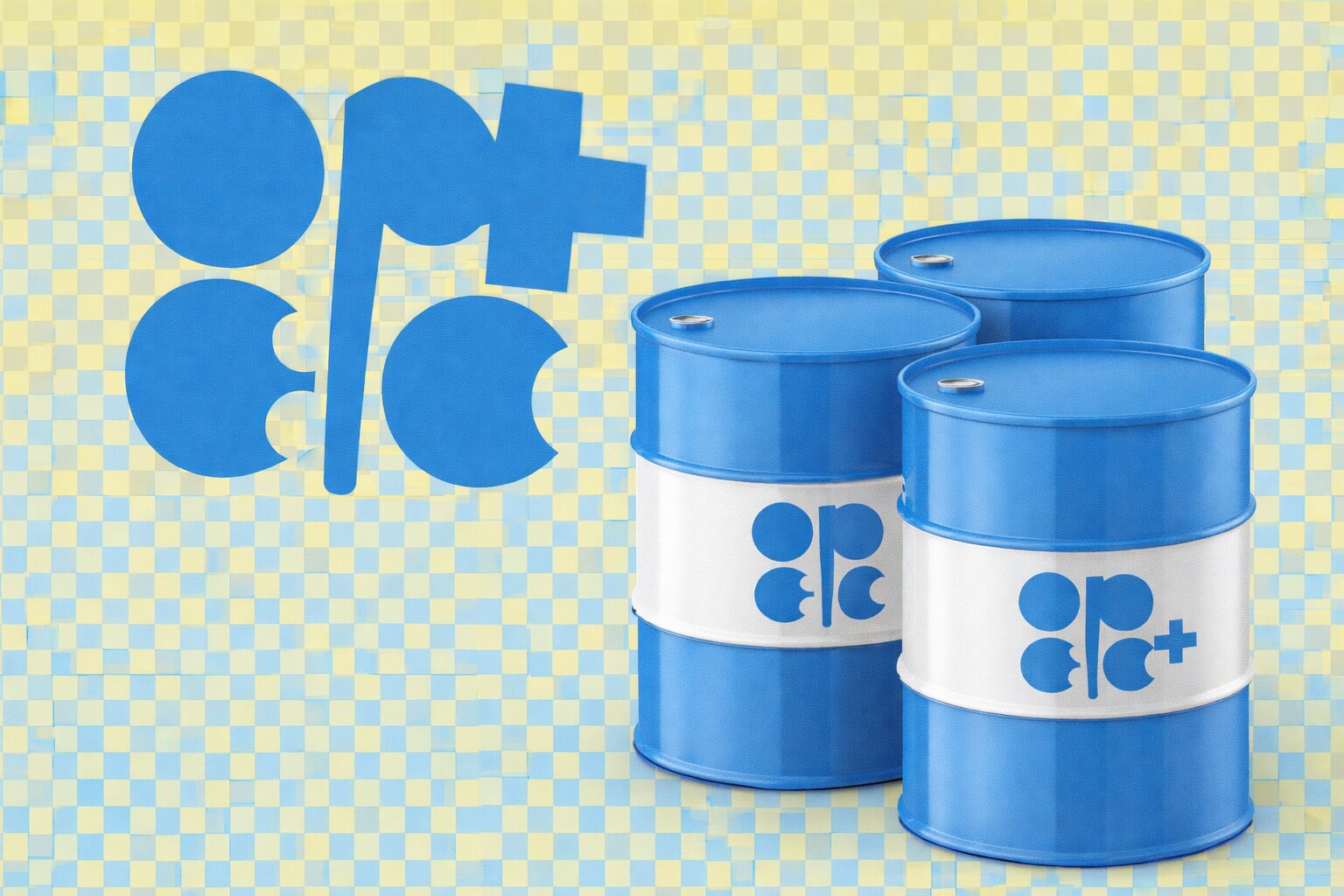
Agricultural Invesco DB Trading News Commdity ETF DBA
Amidst market shifts and ETN dissolutions, DBA stands as a resilient and promising investment avenue in the agricultural sector, offering a unique blend of risk and return | That's TradingNEWS
The agricultural sector, though often shrouded in volatility, has proven its resilience and potential for returns over the years. It is within this dynamic and essential sector that the Invesco DB Agriculture Fund ETF (DBA) has etched a prominent role, especially amidst the recent restructuring of the commodities market.
Shifting Market Dynamics: A Landscape Marked by Dissolutions and Survivals
In June 2023, numerous agricultural ETN products announced their dissolution due to an underwhelming asset base and low trading volumes. This notable trend echoed an ebbing interest in the agricultural and commodity sectors. It suggested a potential reorientation of market players towards futures and futures options markets. While this pivot could result in increased volumes and open interest, it might also signal a possible decrease in liquidity as market makers would no longer be able to hedge futures using the erstwhile ETN products.
With the culling of many commodity-specific ETNs, the Teucrium family of ETFs and the Invesco DB Agriculture Fund ETF stood poised to experience an upswing in trading volumes. DBA, in particular, emerged as a liquid agricultural ETF product adeptly tracking agricultural commodity prices.
A Closer Look at DBA's Performance and Portfolio
The Invesco DB Agriculture Fund, traded under the ticker DBA, is a diversified ETF that tracks agricultural commodity prices. As of this writing, the fund, trading at $21.31 per share, boasted an impressive asset base of over $843 million and experienced an average daily trading volume of 601,679 shares. It stood as a beacon of stability in the commodities sector, which was marred by the cessation of many ETN products.
DBA's portfolio is a blend of futures contracts, including cocoa, cattle, hogs, and coffee commodities, which have recently been devoid of coverage by the defunct iPath individual ETN products. The fund's investment strategy and portfolio composition are likely to appeal to investors seeking exposure to agricultural markets following the discontinuation of specific ETNs.
The Implications of Redemptions and Shifting Interests in the Market
A salient question remains: What are these redemptions signaling? It is important to acknowledge that ETF and ETN issuers operate with the intention of turning a profit. When management costs supersede revenues, or when the underlying markets become too tumultuous for hedging activities leading to consistent performance, offering some commodity or asset-specific products becomes untenable.
The redemptions in June 2023 occurred because asset growth and fees failed to increase at a pace that justified the continuation of these products. While commodities remain an alternative asset class compared to more mainstream investment avenues such as stocks and bonds, their audience is considerably smaller.
The surge in commodities following the pandemic-induced lows of 2020 sparked an increase in interest in the asset class. However, the recent ascension of stock markets and rising interest rates led to a redirection of capital towards stocks and fixed-income products, diminishing the demand for commodity-based investment and trading products. This shift prompted the dissolution of several iPath commodity products, indicating that the commodities market's future hinges on the evolution of global economic and financial trends.
DBA's Prospects Amid Market Shifts
The fewer commodity-based products available in the market could potentially exacerbate volatility due to reduced liquidity. However, this situation might also prove favorable for diversified agricultural funds like DBA, which offer a liquid alternative.
Looking ahead, the Invesco DB Agriculture ETF is anticipated to maintain its strong performance, given its positive weighted alpha of 15.13. The fund recently hit a 52-week high, reflecting a gain of 15.7% from its 52-week low price of $19.25 per share.
Investing in Agriculture: A Risk Worth Taking?
Investing in agriculture can certainly be speculative and fraught with risk. However, the Invesco DB Agriculture Fund's three-year annualized return of 15% offers a degree of reassurance. Refinitiv Lipper ranks it a '5' for capital preservation, reinforcing its stability.
With an expense ratio of 0.85%, the fund offers a reasonably priced investment avenue that grants exposure to a multitude of commodities, each driven by different market fundamentals. Its sizeable fund base and liquidity ensure seamless trading, making it a promising consideration for those seeking diversified exposure to agricultural commodities.
Spotlight on Individual Commodities
Cocoa Futures: September ICE NY cocoa (CCU23) closed at -23 (-0.65%), and September ICE London cocoa #7 (CAU23) concluded at +14 (+0.52%). Cocoa prices saw mixed fortunes due to changes in the dollar index, Ivory Coast's forward sales, and the outbreak of black pod disease.
Coffee Futures: September arabica coffee (KCU23) has risen by +6.00 (+3.80%), and September ICE robusta coffee (RMU23) is up by +39 (+1.51%). The price upswing is attributed to the tightened coffee supplies, a halt in sales by Brazilian farmers, and the Brazilian real's strength.
Pork and Cattle Futures: Lean hog futures have incurred midday losses between 25 to 72 cents. Concurrently, cattle futures have seen a decrease from 80 cents to $1.10 through midday. Specific contracts such as August 23 Cattle stand at $177.575, down by $0.575, and October 23 Cattle at $178.750, down by $0.850. These fluctuations are primarily driven by alterations in market demand and slaughter rates.
Invesco Treasury Collateral ETF (CLTL): This ETF has recently moved below its 200-day moving average, with a last trade recorded at $105.36. It operates within a 52-week range of $104.81 to $105.82 per share.
AGPXX ETF: This ETF possesses a current NAV of $1.00 and a Market Value NAV of $0.9999. It offers a 7-day SEC yield of 4.55% and a 30-day
simple yield of 4.52%. Its net shareholder flows stand at $1,382,821.84 for redemptions and $496,133.96 for purchases, with total net assets reaching $89,357,461,431.
Meanwhile, other commodity-based investments in the market continue to fluctuate.
Gold Futures (GCQ23) saw a minor dip recently, trading at $1820 per ounce. Given the ongoing tensions in the global economy and its traditional status as a safe haven, gold remains an asset to watch closely.
Oil Futures (CLQ23), traded on the NYMEX, are also exhibiting interesting trends, currently priced at $72.30 per barrel. The prices have been volatile, influenced by geopolitical issues and global demand recovery post-pandemic.
Sugar Futures (SBV23), another prominent commodity, are being traded at $0.1900 per pound. With the increasing demand from emerging economies and challenges in supply due to adverse weather conditions, the future of sugar prices remains a subject of interest.
Soybean Futures (ZSU23) are currently priced at $900 per bushel. The soybean market is heavily influenced by factors like US-China trade relations, weather conditions in key producing regions, and global demand.
The agricultural sector, though speculative in nature, presents a unique set of investment opportunities, with products like the Invesco DB Agriculture Fund ETF (NYSEARCA:DBA) offering a diversified exposure to the sector.
Investing in agriculture is undoubtedly speculative and carries an element of risk, but the Invesco DB Agriculture Fund's three-year annualized return of 15% provides a reassuring sign of its potential. Its Refinitiv Lipper ranking of '5' for capital preservation underscores its ability to weather the storms of market volatility.
Despite its promising metrics and compelling fundamentals, one must also consider the fund's expense ratio of 0.85%. While reasonable given the potential returns and sector diversification it offers, it is nonetheless an essential factor to consider in any investment decision.
However, the fund's significant asset base and liquidity ensure seamless trading, which could further alleviate concerns about investing in a volatile and often unpredictable sector like agriculture.
In conclusion, the agricultural sector, with its inherent volatility, poses both opportunities and risks for investors. The decision to invest in agricultural commodities like the DBA fund should be made in the context of a larger, diversified investment strategy, taking into account one's risk tolerance and investment goals.
That's TradingNEWS
Read More
-
GPIQ ETF Price Forecast: Can a 10% Yield at $52 Survive the Next Nasdaq Selloff?
09.02.2026 · TradingNEWS ArchiveStocks
-
XRP ETF Price Forecast: XRPI at $8.32, XRPR at $11.86 as $44.95M Inflows Defy BTC and ETH Outflows
09.02.2026 · TradingNEWS ArchiveCrypto
-
Natural Gas Futures Price Forecast: Will The $3.00 Floor Hold After The $7 Winter Spike?
09.02.2026 · TradingNEWS ArchiveCommodities
-
Stock Market Today: Dow Back Under 50K While S&P 500 and Nasdaq Push Higher as Gold Reclaims $5,000
09.02.2026 · TradingNEWS ArchiveMarkets
-
USD/JPY Price Forecast: Can Bulls Clear 157.5 Without Triggering a 160 Intervention Line?
09.02.2026 · TradingNEWS ArchiveForex



















